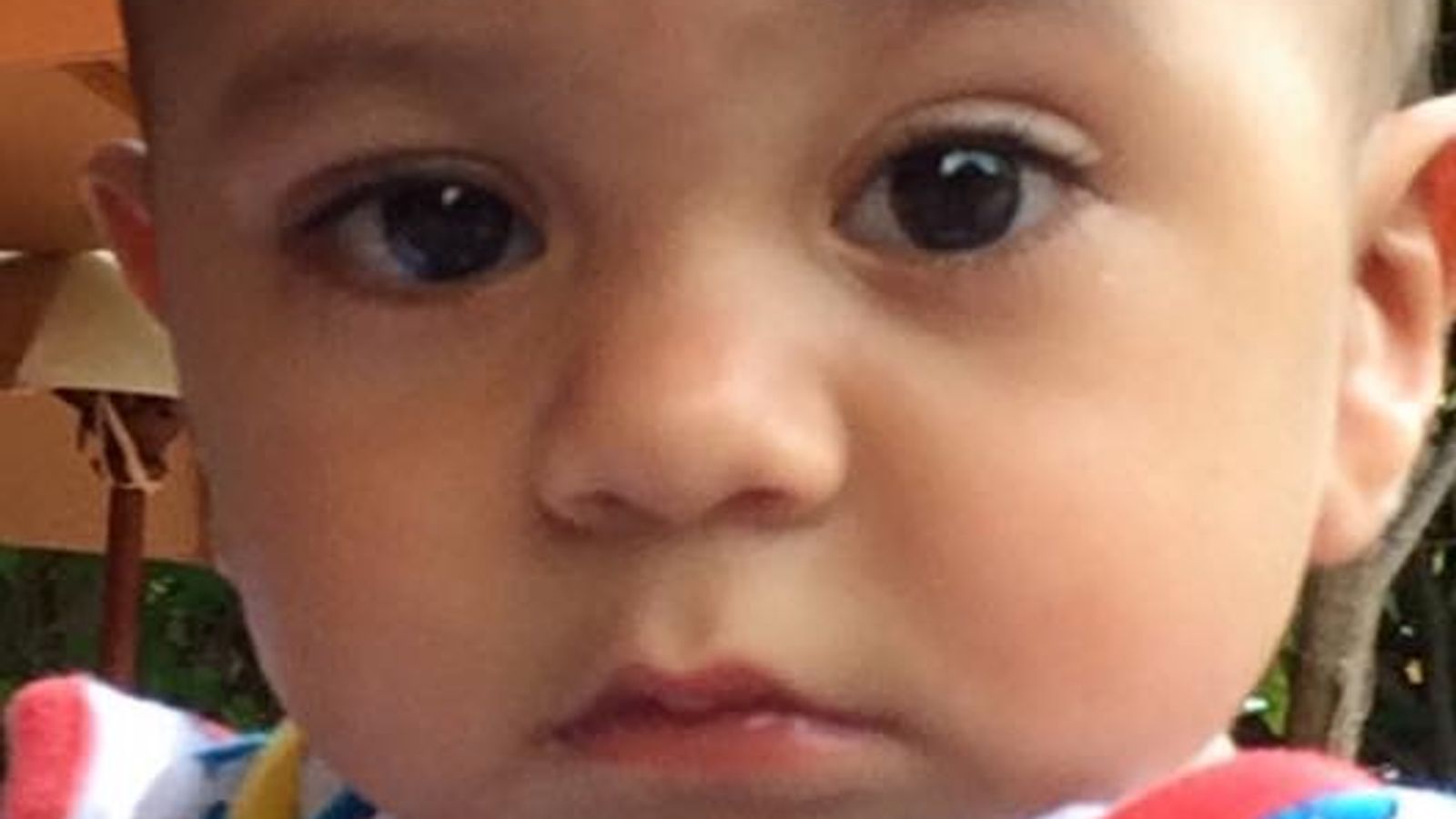Shetal Ksavi Joshi experienced infant loss six years ago when her seven-month-old son Shivai died of pneumonia.
Ms Joshi was only 29 weeks pregnant when Shivai was born, and his premature birth meant he spent the early months of his life in hospital.
But losing him was still completely “unexpected” and “sudden”.
Ms Joshi told Sky News: “Shivai had a cough and cold and he had been recovering from it.
“We were out, literally 39 seconds down the road, I had a regular appointment at the GP surgery.
“When he was put in the car seat he was fine and when I took him out he wasn’t breathing, and 45 mins later he was pronounced dead.”
Shivai’s death caused devastation for his family.
COVID-19: Fully vaccinated passengers from non-red list countries can take lateral flow test instead of PCR
Young man dies of ‘significant injuries’ after suspected murder in Bristol
COP26: Queen ‘irritated’ by leaders who ‘talk but don’t do’ on climate
Ms Joshi said that after her son’s birth, “life felt like it was complete”.
“We had our two boys, and we’d grown our family and it felt like there was a big future ahead.”
But it was all taken away within months.
She added: “For us as a family, Shivai has and always will be part of our family, he will always be my son, I will always refer to myself as having three sons.”
Overall rates of stillbirth and neonatal deaths have fallen by just over 20% and 12% respectively between 2013 and 2019.
However, neonatal death rates in the most deprived areas are 73% higher than those living in the least deprived areas.
Neonatal death rates among Asian babies are 60% higher than white babies, and 43% greater for babies of a black ethnicity.
Campaigners are calling on the government to spend more on finding out why the disparity is so stark.
Dr Clea Harmer, chief executive of the Stillbirth And Neonatal Death Society, told Sky News: “The really worrying thing is that we don’t really know the whole story.
“We don’t know why the inequalities are there and until we do more research and have a confidential inquiry like the one we’re calling for, we’re not going to understand why these inequalities are there.
“Are they because mothers are being treated in a different way? Or perhaps they respond to the messaging in a different way or perhaps different interventions completely are needed.”






















